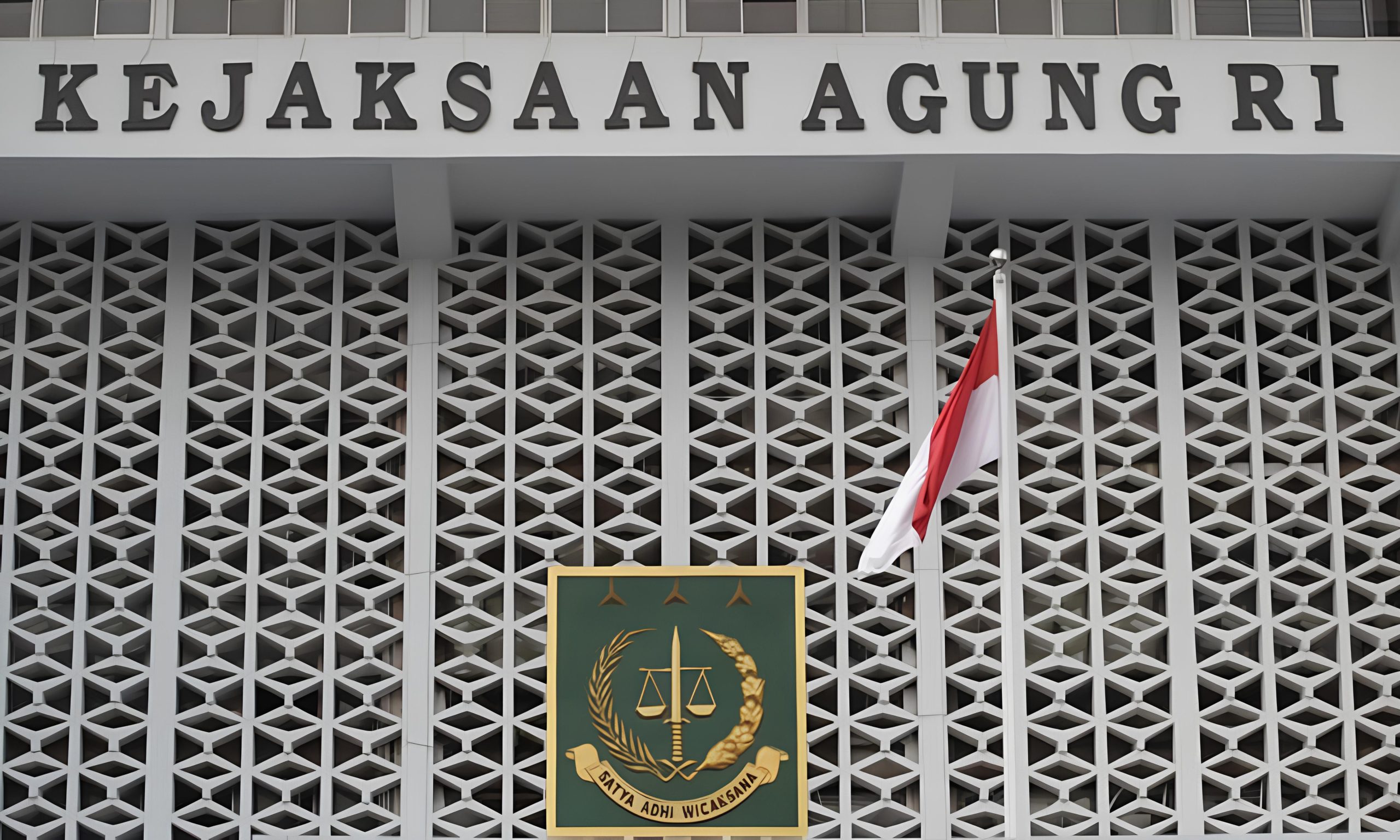In Indonesia’s criminal justice system, the recovery of assets derived from criminal acts is not limited to the interests of the state. The law also recognizes the rights of third parties who act in good faith and are not involved in the crime, yet suffer the consequences of asset seizure or confiscation. This approach is part of a fair and balanced asset recovery framework, which upholds legal certainty and justice for all affected parties.
Legal Basis for Prosecutorial Authority
The authority of prosecutors is grounded in Law Number 11 of 2021 concerning Amendments to Law Number 16 of 2004 on the Prosecutor’s Office of the Republic of Indonesia. According to Article 1 point 2, a prosecutor is a civil servant in a functional position who exercises their duties based on statutory regulations.
Article 30 paragraphs (1) and (2) of the same law affirm the prosecutor’s role in criminal matters, including:
- Conducting prosecutions;
- Executing final and binding court judgments; and
- Investigating specific criminal offenses.
In civil and administrative affairs, prosecutors may represent the state or government—inside and outside the courtroom—based on a special power of attorney.
Authority in Asset Recovery
The legal foundation for asset recovery is further reinforced in Article 30A, which was introduced by Law Number 11 of 2021. This provision clearly states that prosecutors are authorized to:
- Trace assets;
- Seize assets; and
- Return assets derived from criminal activities or other assets to the state, to victims, or to other rightful parties.
The technical implementation of this authority is elaborated in the Annex to the Prosecutor’s Regulation Number 7 of 2020. In Chapter II of the Annex, asset tracing is described as an effort to recover:
- Assets resulting from criminal offenses;
- Compensation for damages; and
- State assets under unlawful possession.
Return of Assets to Good-Faith Third Parties
One important aspect of asset recovery is the return of assets to good-faith third parties. This is regulated under Chapter VI, letter C, point 1 of the Annex to Prosecutor’s Regulation No. 7 of 2020.
If an asset or object seized during a criminal investigation is found to belong to a third party who has acted in good faith, the prosecutor may request its return, provided that ownership is proven. If written documents are not available, other admissible legal evidence may be used to substantiate the claim.
Administrative Procedure for Asset Return
The procedure for returning assets is regulated under Article 17 of the Attorney General’s Regulation Number: PER-013/A/JA/06/2014. The process must follow these steps:
- The return is carried out based on a final and binding court decision;
- A written report is prepared and documented;
- The return is registered in the asset recovery database; and
- The return must be executed within seven (7) days of receiving the court decision, under an official order from the Head of the District Prosecutor’s Office.
Conclusion
The prosecutor’s authority to return assets to good-faith third parties is clearly grounded in Indonesian law. As long as ownership can be lawfully proven and the assets are not proceeds of crime, such return is both legally permissible and necessary.
This mechanism serves as a safeguard for innocent individuals or entities and ensures that the justice system does not cause harm to those uninvolved in criminal acts. It reflects the principle that asset recovery is not merely a punitive measure but also a form of restorative justice aimed at fairness, legal certainty, and public trust.

